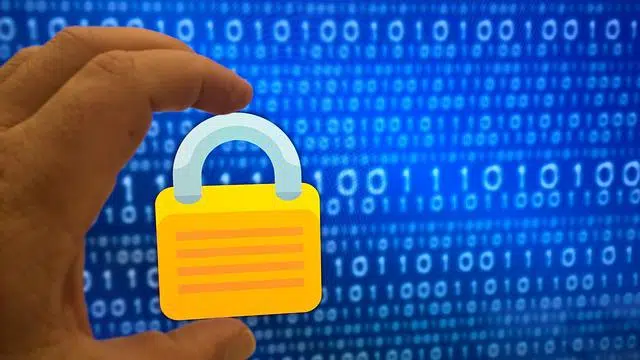
Privacy implies an area that is closed to people in general.
The first thing, before establishing the meaning of the term privacy , is to determine its etymological origin. In this sense, it must be stated that the aforementioned is found in Latin and specifically in the verb privare , which means "to deprive", which in turn gave rise to the appearance of the word privatus which can be defined as "that which "It's not public."
Privacy is what a person carries out in a reserved area (off limits to people in general). A subject, therefore, has the right to keep his privacy out of the reach of other people, ensuring the confidentiality of his private things.
It is possible to associate the idea of privacy with the concept of intimacy , although they can be used with different variants. For example: "As an actor, I have the obligation to disseminate my work, but I must also demand that my privacy be respected" , "A hacker violated my privacy and was reviewing my emails" , "Those types of actions should remain in the privacy of each individual."
Right to privacy
The right to privacy is part of the Universal Declaration of Human Rights . This means that it is a right inherent to every human being, which has independence from other factors, and cannot be transferred nor can it be waived.
Like the rest of human rights , the right to privacy seeks to guarantee the dignity of the individual.
In this sense, we should highlight in Spain the existence of APEP , the Spanish Professional Privacy Association , which has the clear objective of promoting knowledge of these aforementioned rights, developing ethical codes in the aforementioned competition and also defending the rights that all members have. that belong to the entity.
Beyond the Universal Declaration of Human Rights , privacy is protected in different ways in national laws. Typically, the law protects the address of each individual, their communications, their private documents and their image.

Many legislations have been updated to protect privacy in the digital universe.
Correspondence secret
The secrecy of correspondence , precisely, is a principle of legislation that is included in several constitutions. This implies that letters cannot be opened by anyone other than the final recipient. With the advancement of the Internet and technology , where correspondence is usually virtual (digital), many countries have decided to modify their legislation to protect privacy in new forms of communication.
In the aforementioned case of the Internet, a lot of work is being done to maintain the necessary levels of privacy for each and every one of the Internet users. However, where this becomes more palpable and noticeable is in the case of social networks, such as Facebook or Tuenti, as there have been cases where adolescents are harassed by adults who access all types of data about them.
Movie "Invasion of Privacy"
In the cinematographic field, we must highlight a film that addresses the subject that concerns us at this moment. In 2011, the film titled "Invasion of Privacy" was released and starred Oscar winner Hillary Swank.
The plot revolves around the figure of a doctor who, after separating and moving to a new home, is harassed by a disturbed man.
